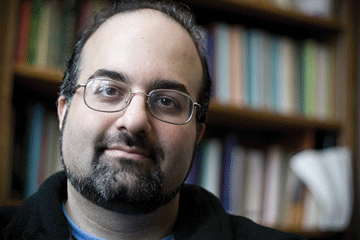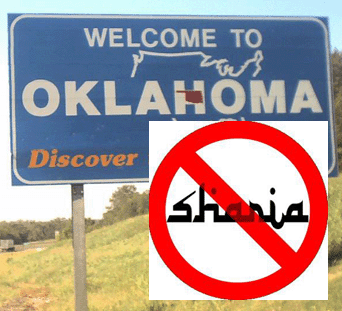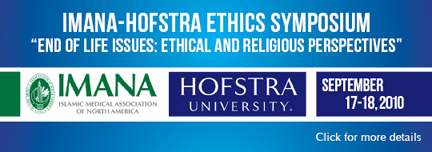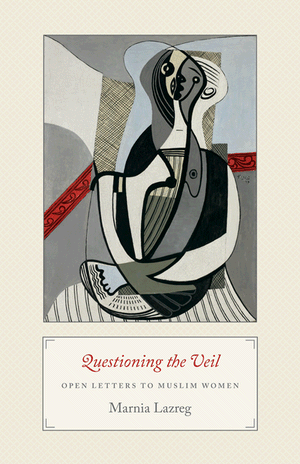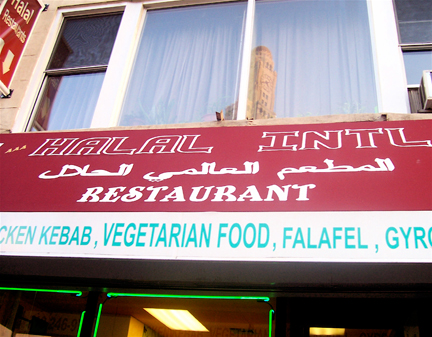
Arab restaurant in Brooklyn, NY; photograph by El-Sayyid el-Aswad
by El-Sayed el-Aswad, United Arab Emirates University
The concept of travel or movement implies the spreading of cultural elements beyond the confinements of locality. Being positioned on the boundary, signifying the division between home and away, inspired Arab Americans to identify themselves with both Arab and non-Arab or Western and non-Western cultural elements. Put differently, Arab Americans have experienced a gradually emerging sense of unified identity, or a reconfiguration of Arab identities, framed by the American culture as well as by the deep consciousness of, and identification with, the heritage of their old homelands, encompassing, for example, Arabic language, traditions or social customs, religious values, art and music. This is especially so since the events of 9/11. Arab Americans have been viewed by many non-Arab Americans as being terrorists or in sympathy with terrorism. They have made open attempts to offer clarification about their heritage and to teach others about their religion (especially Islam) in an attempt to dissuade reluctances, intolerances, and injustices against them. Continue reading Arab Americans’ Hybrid Identity
